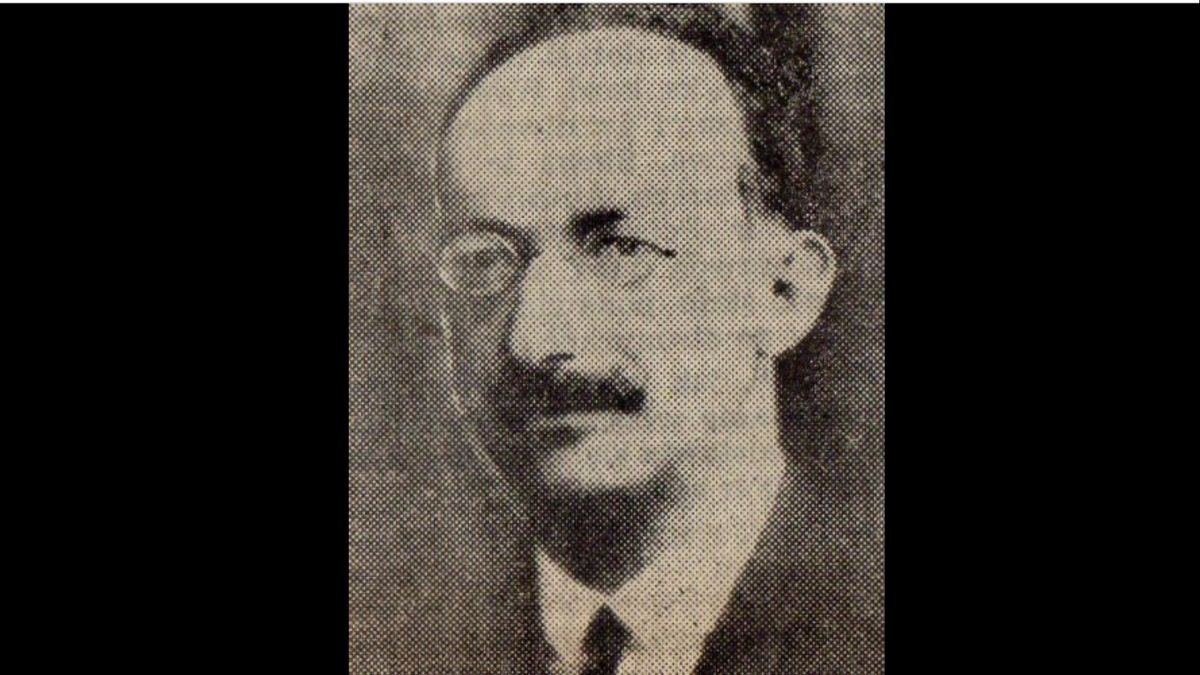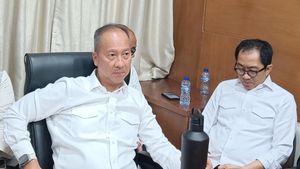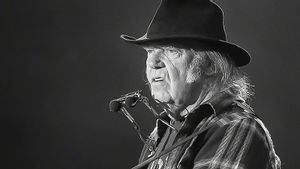JAKARTA - A revolutionary and anti-fascist doctor, Ludwik Rajchman, applied for the formation of an organization that helps children around the world. At that time, the deaths of children exceeded all imaginable figures and caused great fear. His proposal was accepted and on December 11, 1946, the UN General Assembly made a decision to establish an emergency organization to send aid to children affected by World War II: UNICEF.
From 1946 to 1950, Rajchman led UNICEF. The organization helps children in countries on both sides of the war. The organization was originally created as a temporary organization, but continues to help children around the world to this day.
Citing History, Friday 11 December, UNICEF's main goals were the same as from the beginning: reducing child mortality and expanding basic education. Rajchman's most famous aid programs are in Eastern Europe: Poland, Romania and Yugoslavia, as well as Germany. After UNICEF was founded, its actions to help children also spread to France, with the establishment of the International Center for Childhood.
After the food and medical crises of the late 1940s passed, UNICEF continued its role as an aid organization for children of troubled countries. During the 1970s grew up to be a vocal supporter of children's rights. During the 1980s, UNICEF assisted the United Nations Commission on Human Rights in drafting the Convention on the Rights of the Child. After being introduced to the UN General Assembly in 1989, the Convention on the Rights of the Child became the most ratified human rights treaty in history and UNICEF played a key role in ensuring its enforcement.
The United States (US) is the only UN member country that has not ratified the treaty. The US, which was one of the original signatories to the convention, failed to ratify the child agreement because of concerns about its potential impact on national sovereignty and parent-child relationships.
Ludwik Rajchman careerLudwik Rajchman is a Polish doctor who worked for public health all his life. According to Humanium, Rajchman's name has faded and is forgotten because he is very active politically. Rajchman angered many in the Eastern Bloc and West Bloc. Indeed, during the 1930s, Rajchman was involved in China's development and was interested in public health issues in the country. Because of this, he became the enemy of many people and was excommunicated from the great institutions he helped create.
However, despite his political views, Ludwik Rajchman never abandoned the idea that public health must first be tackled with poverty alleviation. The doctor who studies at London's Royal Institute of Public Health was once the first director of the League of Nations Health Organization.
The English, Chinese, Japanese, Arabic, and French versions are automatically generated by the AI. So there may still be inaccuracies in translating, please always see Indonesian as our main language. (system supported by DigitalSiber.id)












